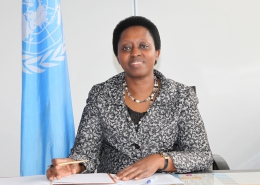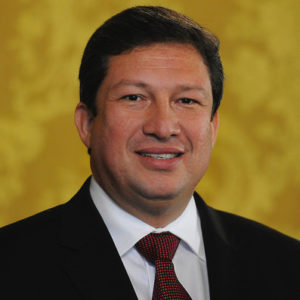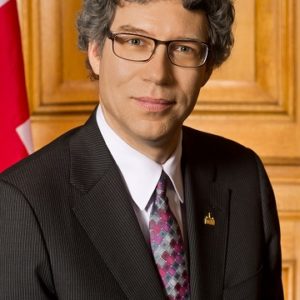Safer Cities
Special Sessions Venue: National Library Casa De La Cultura- United Nations Human Settlements Programme (UN-Habitat).
- World Health Organization (WHO),
- UN-Women,
- United Nations Children’s Fund (UNICEF),
- United Nations Office of Disarmament Affairs (UNODA),
- United Nations Interregional Crime and Justice Research Institute (UNICRI),
- United Nations Office on Drugs and Crime (UNODC),
- United Nations University (UNU),
- World Bank (World Bank).
- Achim Wennmann Executive Coordinator Geneva Peacebuilding Platform Germany

- Aisa Kirabo Kacyira Deputy Executive Director UN-Habitat

- Catalina Marulanda World Bank

- Cesar Navas Vera Ministro Coordinador De Seguridad

- Gillian Murray Deputy Director Of The Division For Policy Analysis And Chief Of The Public Affairs And Policy Support Branch United Nations Office On Drugs And Crime (UNODC) United Kingdom of Great Britain and Northern Ireland

- Jean-Yves Duclos Minister Of Families Children And Social Development

- K.H Angela Kang President Seoul Foundation Of Women And Family Republic of Korea

- Laura Capobianco UN Women

- Lucie Leonard Ministry Of Public Safety As The Chief In The Research Division Of The Community Safety And Countering Crime Branch National Government Canada

- Marta Santos Pais Special Representative Of The Secretary-General On Violence Against Children Portugal

- Raymond Louie Mayor Of Vancouver Vancouver City Council Canada

- Ricardo Gutiérrez Padilla City Manager Of Guadalajara (Mexico) Metropolitan Planning Institute Guadalajara Metropolitan Area (IMEPLAN) Mexico

- Russell Copeman Mayor Of The Borough Of Côte-des-Neiges-Notre-Dame-de-Grâce City Of Montreal Canada

- Yves Daccord Director General International Committee Of The Red Cross Switzerland

- Zandile Gumede Mayor Of Durban India City Of Durban South Africa South Africa

Towards a Global Partnership Initiative on Safer Cities in the Implementation of the New Urban Agenda
The New Urban Agenda captures crime and violence as major challenges to progress in achieving sustainable urban development and a key symptom of social and governance breakdown in cities around the world. Crime and violence in cities continues to cause significant harm to people and loss of quality of life and so to development and human rights. Women, youth and children face particular risks in relation to urban crime and violence. Safer cities are recognized as essential for successful and sustainable urban development. It demands urgent and "smarter ̈ investment in effective solutions and from a gender and age based approach, generating positive impacts which can be sustained over time. In 2016, the world has compelling knowledge of -crime prevention solutions that have reduced crime and violence significantly. These are now accessible through prestigious national and international sources. While some governments and inter-governmental agencies have invested in effective strategies that prevent and reduce crime and violence in cities, including sexual harassment and other forms of violence against women and children in public spaces, much more needs to be done to support comprehensive evidence based and human rights based approaches to generate transformative change in the lives of women, youth, and children. The New Urban Agenda calls for Governments and inter-governmental agencies to urgently support and coordinate their efforts in safe and sustainable cities. The session will focus on a United Nation-system wide support to Member States for the implementation of the safety/security aspects of the New Urban Agenda. In particular, on how national governments will integrate inclusive measures for urban safety, and crime and violence prevention, including violent extremism, engaging relevant local communities and non-governmental actors, where appropriate, in developing urban strategies and initiatives, including taking into account slums and informal settlements, as well as vulnerability and cultural factors in the development of public security, and crime and violence prevention policies, including preventing and countering the stigmatization of special groups. As we build a global implementation plan for the new urban agenda, it is essential that we consider what we already know, make existing tools available, demonstrate how these tools have been adapted in different country/city contexts, and enable learning and exchange in cities around the world to share lessons on what works, and what has not worked so well, and how best to support implementation of comprehensive approaches to prevent and respond crime and violence, including violence against women and children. This will best inform future safer cities initiatives.
Guiding Questions
· What can cities do collectively, including through communities of practice, to meet the ambition of safer cities in the New Urban Agenda and achieve the Sustainable Development Goals targets sustainably?
· What tools and funds are needed to make cities much safer (i.e. NUA 100 and 103) by 2036, and how can they be provided?
· How can local authorities strengthen participatory processes in their municipalities, including participation of women, children and youth?
